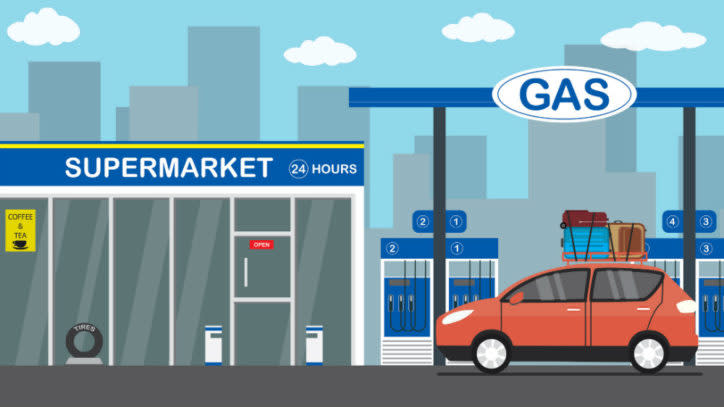1 of the Most Defensive Energy Stocks on the TSX

Suncor Energy (TSX:SU)(NYSE:SU) is one of the most defensive energy stocks you can buy on the Toronto Stock Exchange. That’s why the stock has only declined about 9% in the last 12 months, while most other energy stocks have fallen 20-50% in the period.
Why is Suncor Energy so defensive?
Unlike pure oil and gas producers, Suncor Energy’s business is much more diversified with an integration across the value chain from oil and gas production to retail sales. Its network is comprised of more than 1,500 retail and wholesale locations across North America.
Canadian oil and gas producers have suffered as the WTI oil price has fallen from more than US$70 per barrel to about US$52 per barrel promptly in about two months. To make matters worse, Canadian oil tends to sell at a discount to the WTI, partly because there are costs involved in transporting oil to the U.S. refineries.

However, Suncor Energy has its own refineries. So, its stock has been holding up so much better in the current low oil price environment. In fact, Suncor Energy owns and operates four refineries in Alberta, Quebec, Colorado, and Ontario, respectively, which have a combined capacity of 462,000 barrels per day.
Suncor Energy is profitable
The integrated company remains profitable with a recent net margin of 12.7%. In the third quarter, it generated record high funds from operations of $3.14 billion, while its operating income and net income were $1.56 billion and $1.81 billion, respectively. Notably, Suncor Energy’s refining and marketing operations contributed to about 35% of funds from operations for the quarter.
Suncor Energy has a track record of dividend increases
Since Suncor Energy is a defensive company, it’s not surprising that has increased its dividend per share for 15 consecutive years — yes, through the last recession and the oil price collapse from 2014 to 2016. Its quarterly dividend of $0.36 per share is 12.5% higher than it was a year ago. Currently, it offers a decent dividend yield of 3.5%, and it will increase its dividend soon in early February.
Investor takeaway
The energy sector is tough to operate in, but Suncor Energy is one of the most defensive companies in the space that will survive in all cycles. The blue-chip company has an S&P credit rating of A-, which gives it more financial flexibility.
Thomson Reuters currently has a mean 12-month target of $59.10 per share on the stock, which represents near-term upside potential of about 45% from about $40.80 per share as of writing. Interested investors should prudently look for a bottom to start buying into the stock.
More reading
Forget Aurora Cannabis: This New Listing Could Be the Next Big Pot Stock
Which Is the Better Bank Stock in 2019: Toronto-Dominion Bank or Royal Bank of Canada?
Fool contributor Kay Ng has no position in any of the stocks mentioned.

 Yahoo Finance
Yahoo Finance 